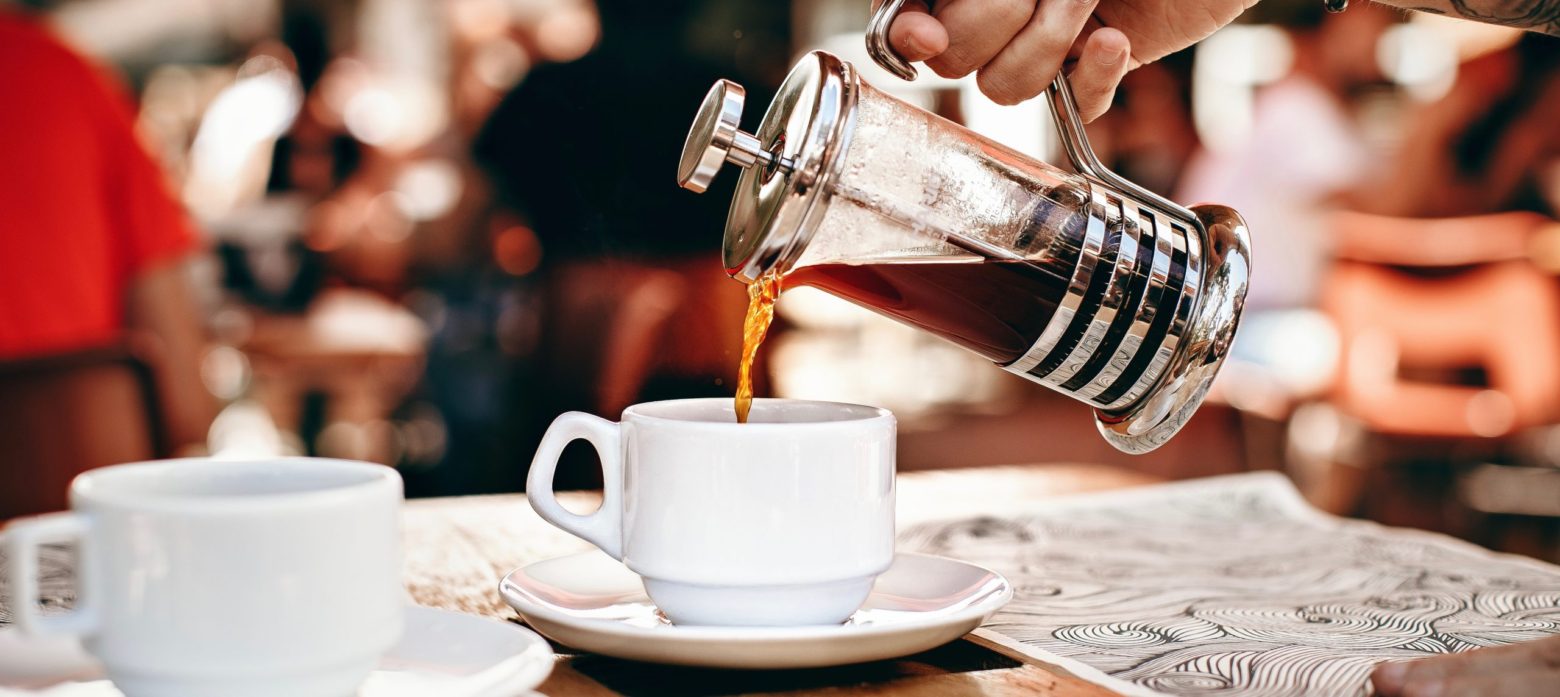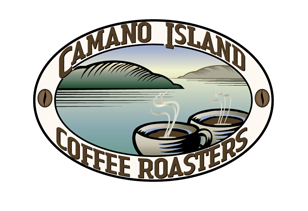
Why Is Some Coffee More Bitter Than Others?
What could be worse than thinking you’ve bought the best coffee for home, pouring a big cup, bringing it up to your lips, taking the first sweet drink, and realizing it’s bitter.
A cup of coffee should burst with flavor, not be overpowered by bitterness. Why does coffee sometime end up bitter?
Should Coffee Actually Be Bitter?
It’s pretty interesting that coffee is so often thought of as bitter. Coffee should never taste bitter. Rather, coffee should have a variety of flavors, from spicy to floral to even hints of chocolate. In fact, there’s a whole flavor wheel dedicated to ways of describing great coffee. Let’s take a look at some of the causes of bitterness, and how to avoid them.
Let’s Look at The Technicalities: Does Brewing Make a Difference?
Coffee brewing is actually quite a science. One of the main reasons why coffee can seem bitter is due to over extraction. The process of extraction is where flavor is pulled out of the coffee, rendering clear water into that deliciously dark brew. When water mixes with the coffee grounds, there is a chemical reaction wherein the flavor compounds are dissolved. The trick is to extract the delicious flavor compounds without the overly acidic ones, which tend to overpower with more time and create bitterness.
Keeping this in mind, here are a few points that could be creating your bitter cup of coffee and that easily be avoided the next time you make a brew.
You’re Leaving the Coffee To Steep For Too Long
This point is particularly common when a French press is used to brew coffee, since a lot of people tend to leave the coffee in the press once they have pushed the plunger down. When the grounds are left in too long, the coffee continues to extract after the delicious flavors have already been extracted. This is easy to fix. If you really prefer to drink your coffee in a leisurely fashion, don’t leave it in the French press or brewer when it is done brewing. Immediately transfer it to a thermal carafe which will keep it hot.
You’re Not Using The Right Size Grind.
Grinding coffee beans can change how the compounds dissolve. This means that if the beans are too coarsely ground, you run the risk of under-extraction and this in turn leads to a flat-tasting coffee. However, if the beans are too finely ground, they become over-extracted and you’re left with bitter coffee. Different brewing methods tend to require different size grinds so sometimes you need to experiment a little to figure out that perfect sweet spot. However, if you are getting a bitter cup, chances are good your grounds have been too finely ground.
The Water’s Been Boiled Too Hot
Water temperature actually plays a big role in coffee brewing. Boil it too hot and you start extracting the bitter compounds. The ideal boiling temperature is 195 -205 degrees Fahrenheit for optimal extraction. Simply put, do not let your water over boil and remember to let it sit for a minute just before pouring over your coffee grounds.
The Equipment is Dirty
Bitterness doesn’t only occur from over extraction. Residue coffee that has been left over from the last time you brewed a batch can certainly affect the flavor of your future cups. So be sure to keep your brewing equipment squeaky clean.
Eliminate Bitter Coffee – Drink Better Coffee
What’s the best way to eliminate bitter coffee? Don’t settle for low quality coffee. Our coffee is shade-grown, meaning it naturally has less acidity which means a smoother, less bitter Cup of Joe. A focus on brewing will help too. Check out our brew guides to learn how to make better coffee with the coffee brewer of your choice. We’d suggest trying a Chemex brewer for the best results.
